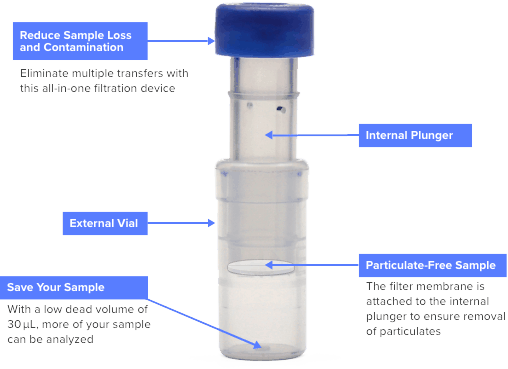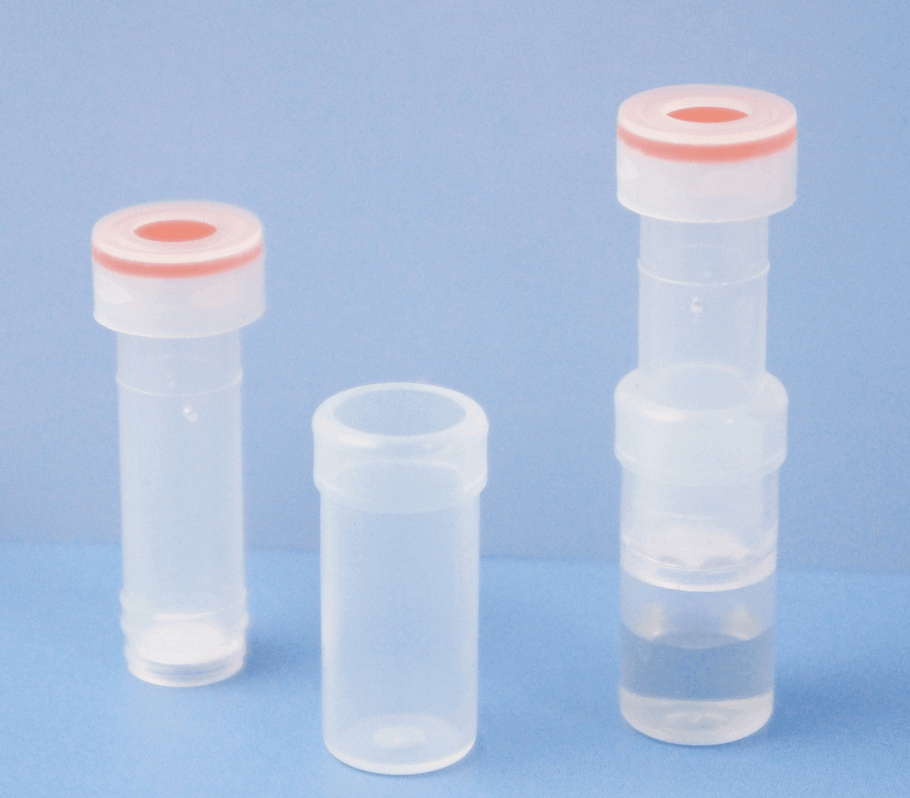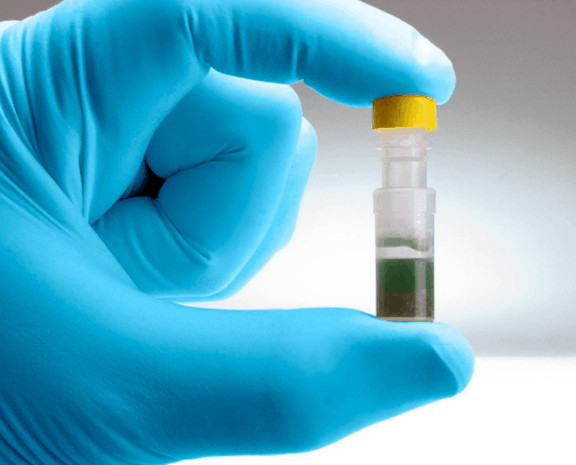


Removing the rubber stopper from the vial altogether addresses the macro or microscopic particle contamination concerns but may increase the potential for errors in dosage, dilution, contamination, and waste. 6 Each health care institution should therefore formulate management guidelines for the use of multidose vials in the care of latex
Filter Vials 15 seconds, to filtered samples in an autosampler-ready vial. eXtreme|FV® Standard|Filter Vial nano|Filter Vial® Low Evap|Filter Vial Accessories
Thomson SINGLE StEP eXtreme Filter Vials. Provide multilayer filtration for viscous samples and samples containing up to 30% solid particulates. Allow compounds to be separated from matrix, resulting in both higher signal-to-noise ratios and more differentiated peaks. Easy-to-use vials offer fast sample filtration and require only a squeeze of
Single-use Vials,49 all from the Centers for Disease Control and Prevention (CDC), serve as the backbone for most infec - tion prevention practices in the United States. Safe infusion, injection, and medication vial practices have been addressed by CMS50 and the Association for Professionals in Infection
We offer a complete range of laboratory filtration products, from filter papers and membranes to syringe filters, capsules, microplates, and filter vials. Whatman filters are world-renowned as a standard for laboratory filtration and are associated with quality, reliability, and reproducibility.
Thomson's filter vial line is a proven indispensable tool for sample prep and analysis for all types of HPLC, GC, LC-MS, GC-MS and lateral flow analyses. Whether testing pharmaceuticals, toxicology or other areas, filter vials allow you to go from unfiltered samples to filtered samples in 15 seconds. More About Filter Vials General Info
Thomson Standard Filter Vials can be used for samples containing less than 10% solid particulates. The filter vial consists of two parts: a filter vial shell and a plunger which includes a single layer filter on one end and a vial cap on the other end.
Filter Vial This product integrates filtering and sampling functions, operate only need no more than 15s before injection. This product suited to 12 x 32mm autosampler. High quality, high efficiency, only for t he reduction of your burden. Filter vial-v5 Download INQUIRY PDF Format Description Advantages Specification
Sep 3, 2017 · An administration set with a filter should be used for infusions containing 20% or more of mannitol. At concentrations of 15% or greater, mannitol may crystallize at low temperatures. Dosing: Oliguria: 50 to 100 grams (15 to 25% soln) over 90 minutes to several hours. Test dose may be given: 12.5 g over 3 to 5 min. May repeat.
Easy-to-use vials offer fast sample filtration and require only a squeeze of your fingers. Minimize sample loss by eliminating multiple transfers. Color-coded caps allow easy identification of 0.2 μm or 0.45 μm membranes in PVDF, PTFE, PES, or nylon. Preslit PTFE/silicone caps help eliminate broken autosampler needles and cored septa.
The filter vial consists of two parts: a filter vial shell and a plunger which includes a single layer filter on one end and a vial cap on the other end. All Thomson Filter Vials are the same size as standard LC vials and will fit into any machine or tray available for standard vials.
Verex filter vials are a simple sample preparation solution designed to make your life easier! Watch to learn more about how to use Verex filter vials. Show more Verex Filter Vials: Push to
• Easy-to-use vials offer fast sample filtration and require only a squeeze of your fingers. • Color-coded caps allow easy identification of 0.2 µm or 0.45 µm membranes in PVDF, PTFE, PES, or nylon. • Pre-slit PTFE/silicone caps help eliminate broken autosampler needles and cored septa.
Filter Vials are a single system which replaces HPLC Vials, HPLC Caps, Syringes, & Syringe Filters for the filtration of samples. In 15 seconds, Thomson Filter Vials allow for sample preparation of unfiltered samples to filtered samples in an autosampler-ready vial.
Close the lid (or place the watch glass) and tilt the chamber to wet the filter paper. Obtain a TLC plate, touching the plate only on the back or edges, but not on the white surface. Use a rule to lightly draw a straight line with a pencil 3 roughly 1 cm from the bottom. Do not gouge the silica or alumina.